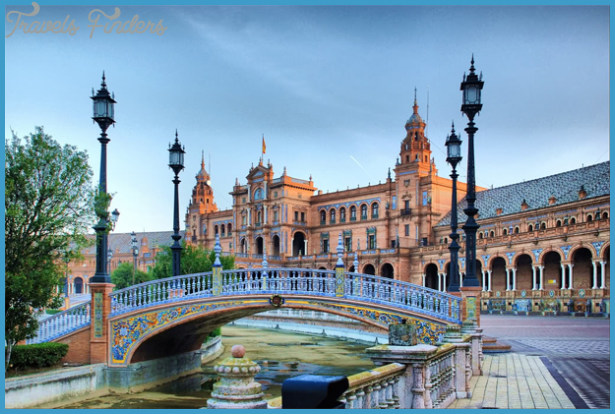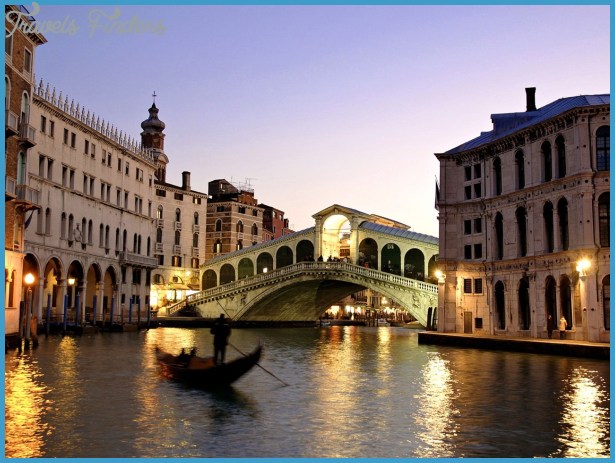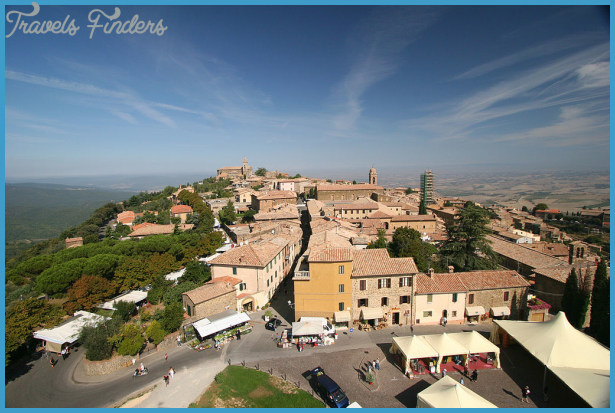Italy has a principal toll road (autostrada) running from Milan that branches off to reach Rome and Salerno (where the Americans landed in World War II). A separate branch skirts the Adriatic coast and moves to the heel of Italy at Taranto.
From Frankfort, a major international airport in Germany, a traveler can rent a car and drive by superhighway down through Stuttgart and Munich in Bavaria, then on to Salzburg, Austria, and across to Vienna. Or the traveler can head directly south from Frankfort, past Heidelburg and Freiburg and into Switzerland.
The person wanting to see the Cote d’Azur, the French Riviera, can get on a toll road north of Marseille and go east through Nice and Monte Carlo. The same road goes into the French Riviera at San Remo, through Geneva and to La Spezia.
Of the Communist Bloc countries, East Germany has the best divided highways.
Driving customs and regulations vary somewhat from country to country. Spain requires an international driver’s license. West Germany, Italy, and Austria require home-state licenses to be translated. (An International Driving Permit carries nine languages: English, French, Spanish, Italian, German, Arabic, Greek, Japanese, and Swedish.)
In France the minimum age for renting a car is twenty-five; in Britain it is twenty-three; in most other European countries the minimum is twenty-one. In Britain and Ireland some car agencies will not rent to people over sixty-five.
Left-hand driving in Britain takes some getting used to. Better get an automatic shift, especially when starting off in a large city. (Other countries with left-hand driving are Ireland, Jamaica, the Bahamas, Japan, Kenya, New Zealand, Australia, South Africa, Zimbabwe, and the U.S. Virgin Islands.)
When driving in the left lane and approaching a traffic circle (called round-abouts in Britain), drivers must yield to motorists already in the circle.




























